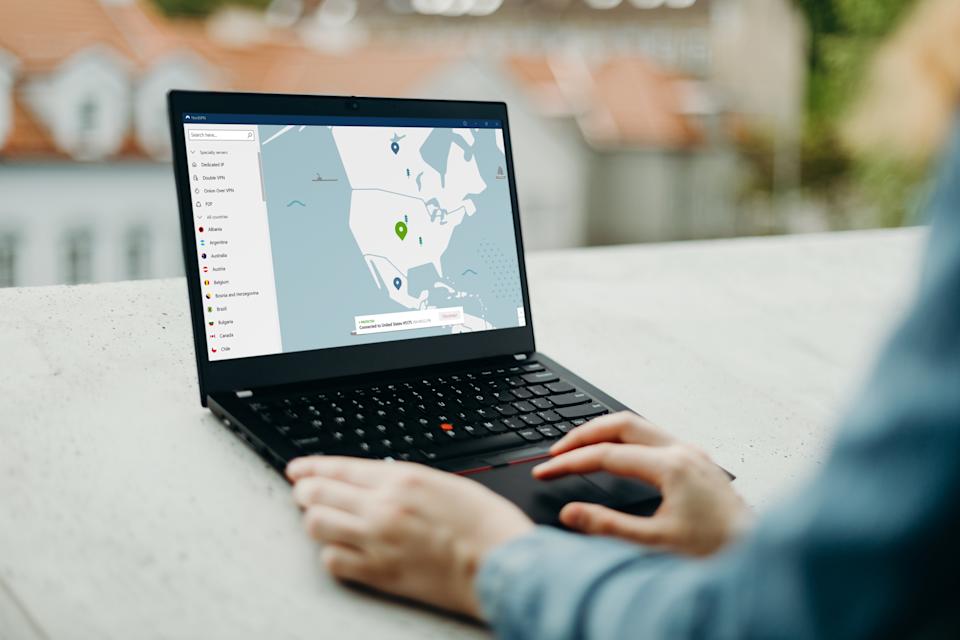Real-time AI Model for Airline Crew Scheduling Disruption Risk

In the intricate world of airline operations, crew scheduling stands as a critical pillar, ensuring flights are manned efficiently while adhering to regulatory and safety standards. However, disruptions—ranging from sudden weather changes to unexpected crew unavailability—pose significant challenges. Leveraging real-time Artificial Intelligence (AI) models can transform how airlines anticipate and manage these disruptions, optimizing both operational efficiency and passenger satisfaction.
The aviation industry, a cornerstone of global connectivity, operates in a highly dynamic environment. According to the International Air Transport Association (IATA), the industry supports over 65 million jobs worldwide, making operational efficiency crucial not only for profitability but also for its socioeconomic impact. Disruptions in crew scheduling can lead to cascading delays, financial losses, and reputational damage.
The Complexity of Crew Scheduling
Crew scheduling involves intricate planning, balancing legal requirements, labor agreements, and flight operations. Traditionally, this process has been managed through rule-based systems and human expertise, often leading to rigidity and a lack of adaptability in the face of disruptions. With thousands of flights operating daily, even minor scheduling inefficiencies can lead to significant operational bottlenecks.
Recognizing these challenges, airlines are increasingly turning to AI-driven solutions to enhance decision-making processes. These models are designed to analyze vast datasets in real time, providing predictive insights and enabling proactive adjustments to crew schedules.
AI Models: Transforming Disruption Management
AI models for crew scheduling disruption risk utilize machine learning algorithms that process historical and real-time data, identifying patterns and predicting potential disruptions. These models can incorporate a wide array of variables, including:
- Weather Conditions: AI can predict weather-related disruptions by analyzing meteorological data, offering insights into potential delays or cancellations.
- Crew Availability: By assessing current and historical crew data, AI systems predict absenteeism trends, facilitating preemptive scheduling adjustments.
- Operational Data: Flight schedules, maintenance requirements, and airport congestion metrics are integrated to optimize scheduling under dynamic conditions.
Implemented effectively, AI models can provide airlines with a competitive edge, reducing operational costs and enhancing reliability. For instance, a study by McKinsey & Company highlighted that AI-driven scheduling can reduce disruption-related costs by up to 20%, demonstrating the tangible benefits of technological integration.
Global Context and Adoption
Globally, airlines are at various stages of adopting AI for crew scheduling. Major carriers in North America and Europe have begun deploying these technologies, citing reduced delay times and improved crew utilization. For example, Lufthansa has implemented AI solutions to optimize its crew management, significantly enhancing operational resilience during peak travel periods.
In Asia, where air travel demand is rapidly growing, airlines are also investing heavily in AI technologies to manage the increasing complexity of their operations. The success of these initiatives depends on robust data infrastructure, regulatory compliance, and continuous refinement of AI algorithms to adapt to evolving operational needs.
Challenges and Future Directions
Despite the promising advancements, several challenges remain in the widespread adoption of AI in crew scheduling. Data privacy concerns, integration with legacy systems, and the need for skilled personnel to manage and interpret AI outputs are significant hurdles. Additionally, continuous learning and adaptation of AI models are necessary to keep pace with the ever-changing aviation landscape.
Looking forward, the integration of AI with other emerging technologies, such as blockchain for secure data sharing and IoT for real-time tracking, could further enhance crew scheduling capabilities. As the aviation industry continues to embrace digital transformation, AI will undoubtedly play a pivotal role in shaping the future of airline operations, ensuring that the skies remain friendly and efficient for all.















